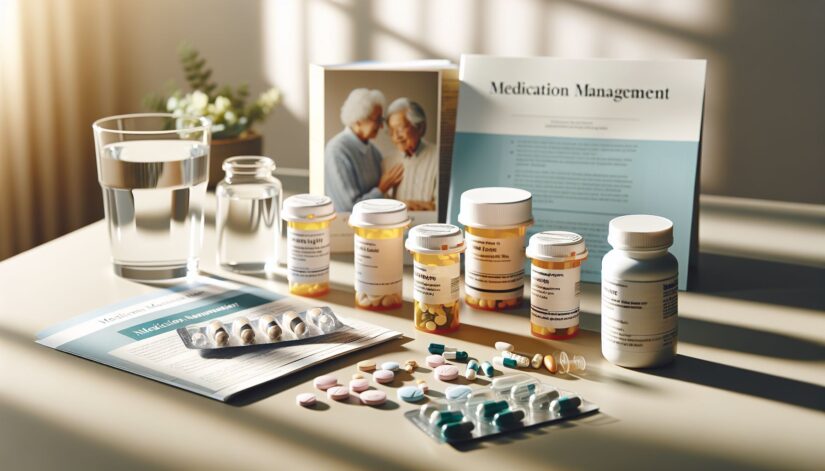As we age, it is natural for our bodies to undergo various changes. With these changes come a higher susceptibility to health issues and ailments. Ensuring the well-being of our elderly loved ones requires paying extra attention to their medical needs. In this article, we will explore the importance of medicine for elderly people and how it plays a crucial role in their overall health and quality of life.
Understanding the Medicine Needs of the Elderly
As we grow older, our bodies become more vulnerable to chronic diseases, weakened immune systems, and age-related disorders. Medicines prescribed to elderly individuals are often aimed at managing these conditions, preventing complications, and maintaining their health as best as possible.
It is common for the elderly to be on multiple medications simultaneously, which can be challenging to manage. Issues such as forgetting doses, mixing up medications, or experiencing side effects can arise. As caregivers or family members, it is essential for us to stay informed about their prescribed medications, their dosage, and the appropriate time of administration.
Key Considerations for Elderly Medication Use
When it comes to administering medicine to the elderly, certain factors must be taken into account:
1. Communication and Collaboration
Maintaining open lines of communication with healthcare professionals and a collaborative approach can greatly enhance the care provided. Regularly updating doctors about any concerns, changes in health, or new symptoms can help them adjust the medication plan accordingly.
2. Understanding Side Effects
Elderly individuals are more likely to experience side effects from medications. It is crucial to be aware of the potential side effects and monitor their effects on the individual. Promptly reporting any adverse reactions to the healthcare provider is important for appropriate intervention.
3. Medication Organization
Organizing medications by using pillboxes or medication management systems can help avoid mix-ups and ensure timely administration. Clearly labeling medications and keeping an updated list of prescriptions is also advisable for emergencies and hospital visits.
Importance of Medication Adherence
Medicine is only effective when taken as prescribed. Unfortunately, statistics indicate that medication non-adherence is a significant concern among the elderly. This lack of compliance can lead to treatment failures, exacerbation of symptoms, hospitalizations, and compromised overall health.
To promote medication adherence among the elderly, caregivers and healthcare professionals can consider the following:
- Simplifying medication schedules
- Providing reminders or alarms to help with timely doses
- Encouraging the use of pill organizers
- Involving family members or friends in the medication regimen
Conclusion
In conclusion, medicine plays an integral role in the well-being of elderly individuals. It assists in managing chronic conditions and improving overall quality of life. As caregivers, understanding the specific medication needs of the elderly, taking necessary precautions, and ensuring medication adherence are vital for their health and safety. By prioritizing these aspects, we can contribute to a healthier and happier life for our aging loved ones.
